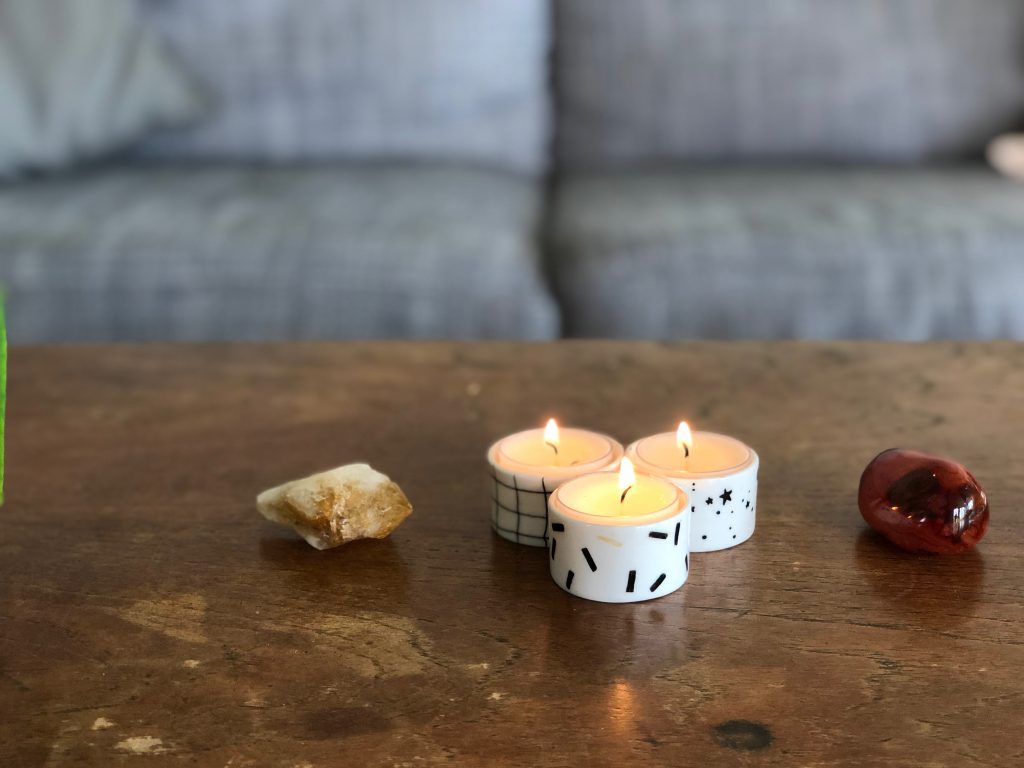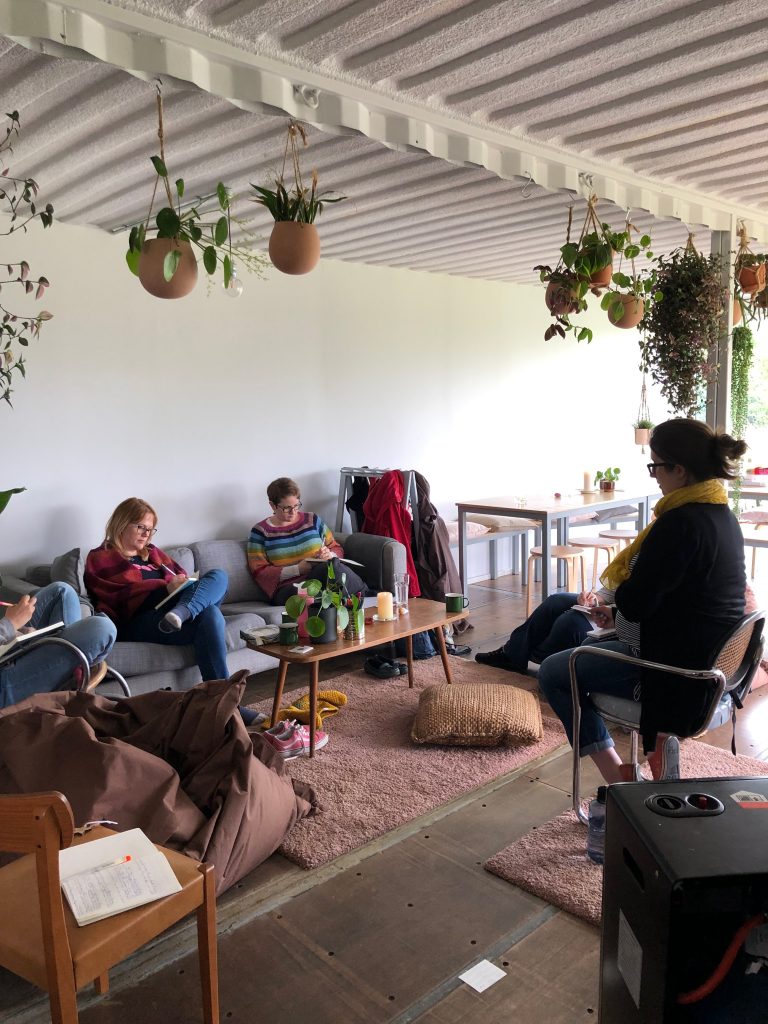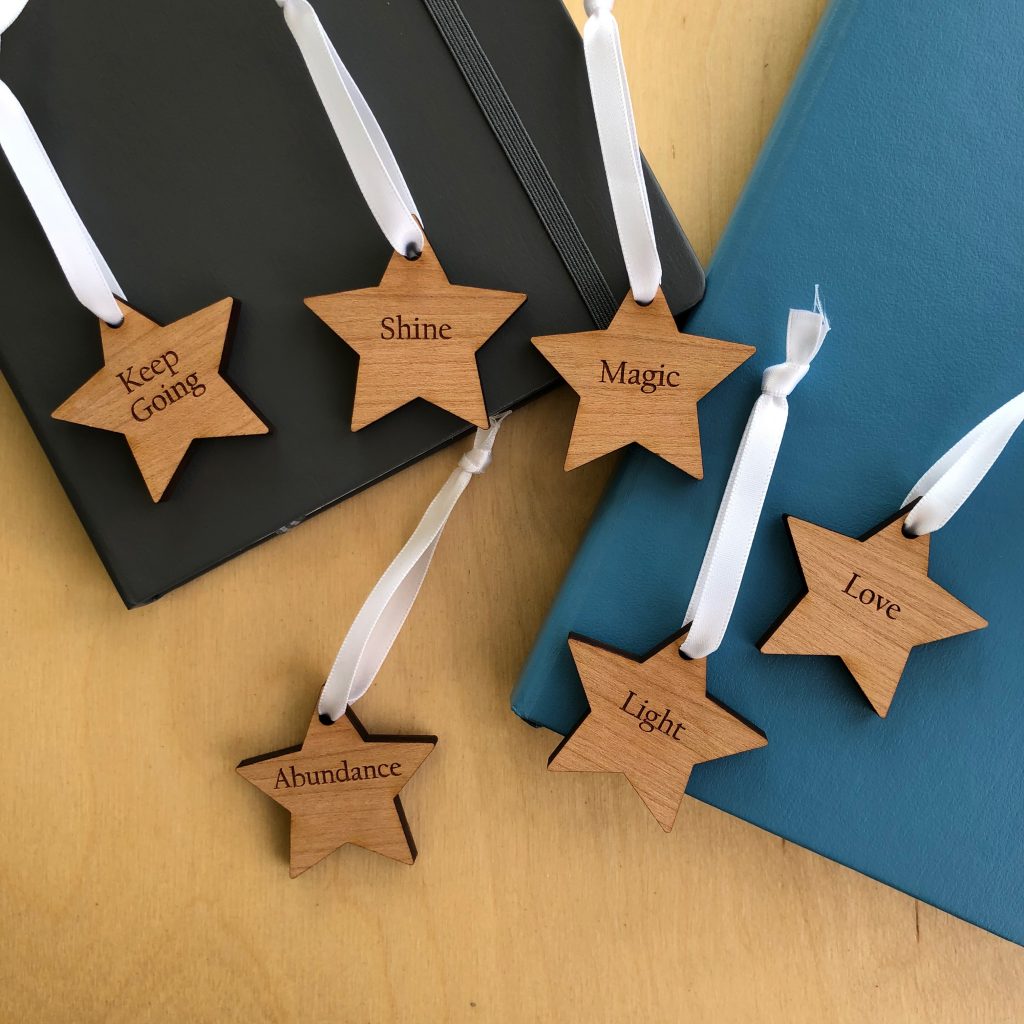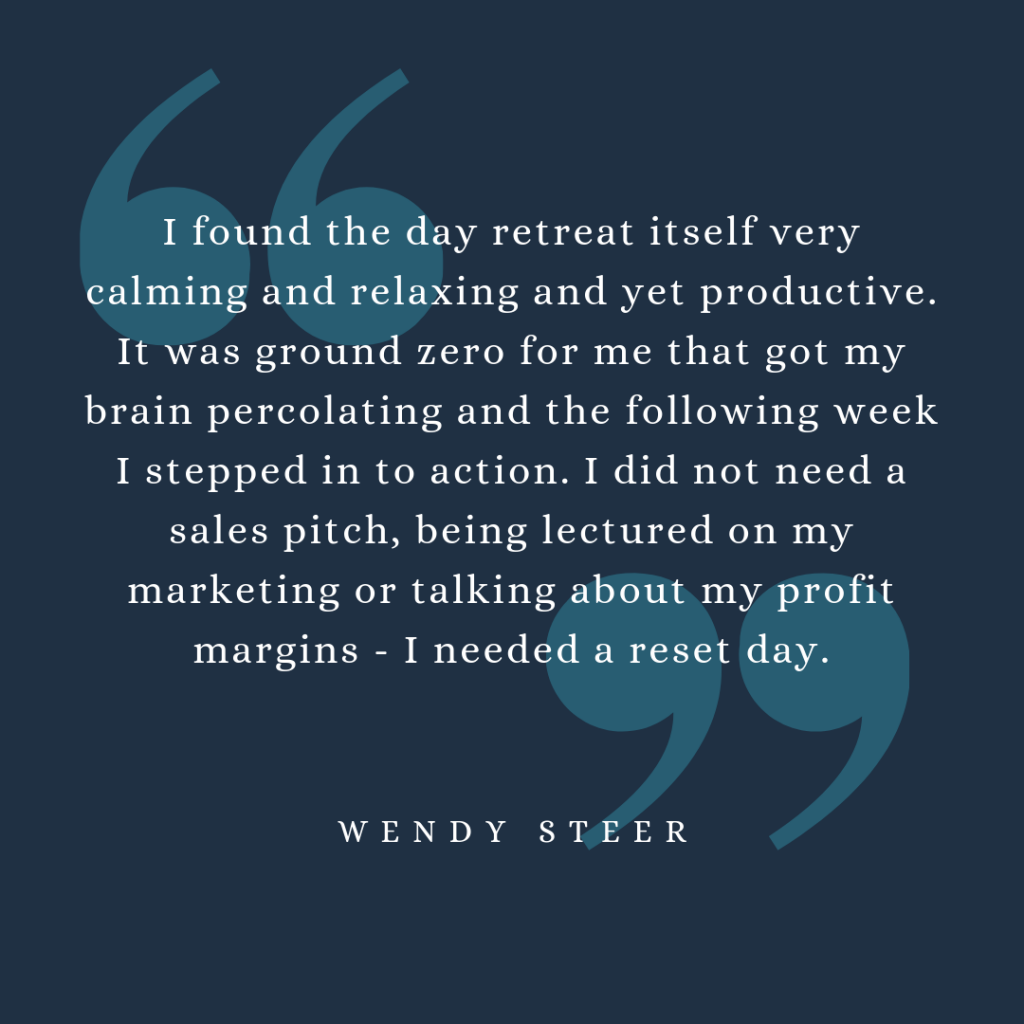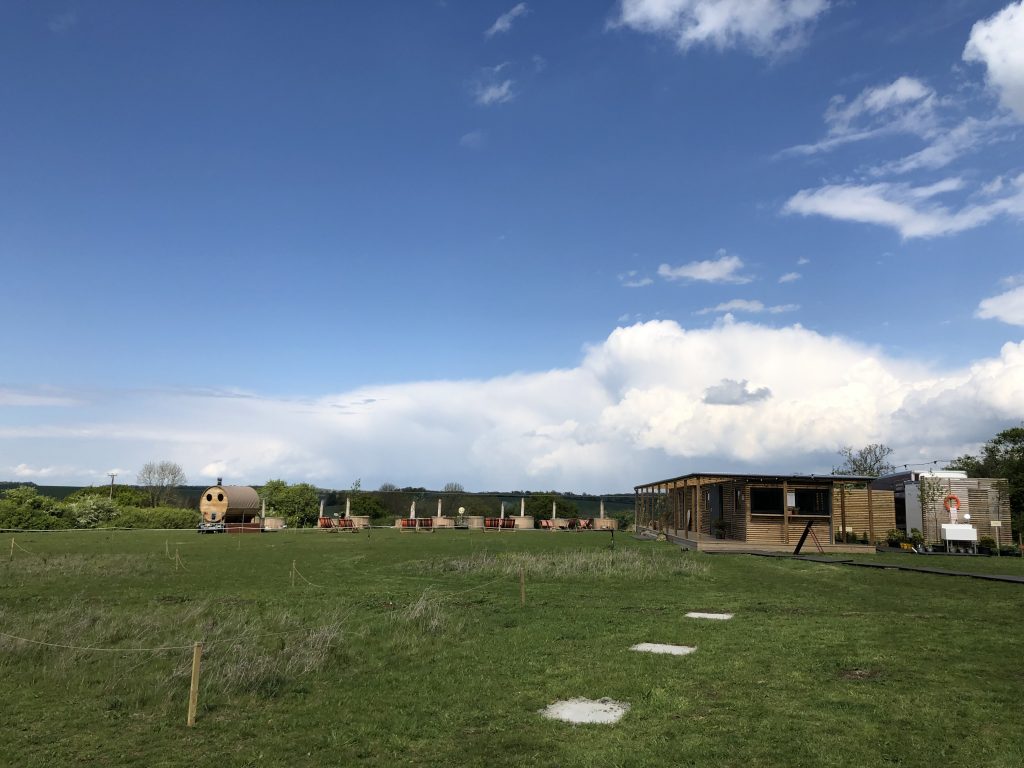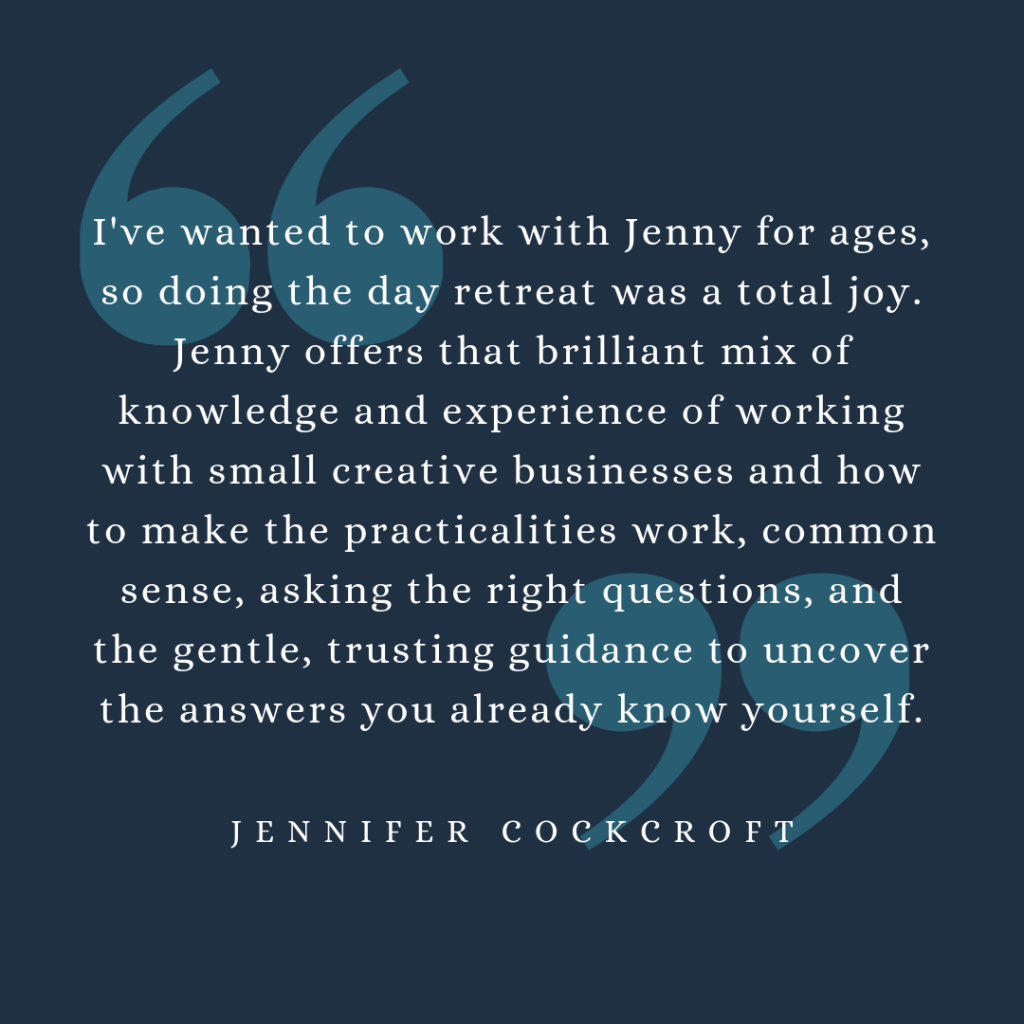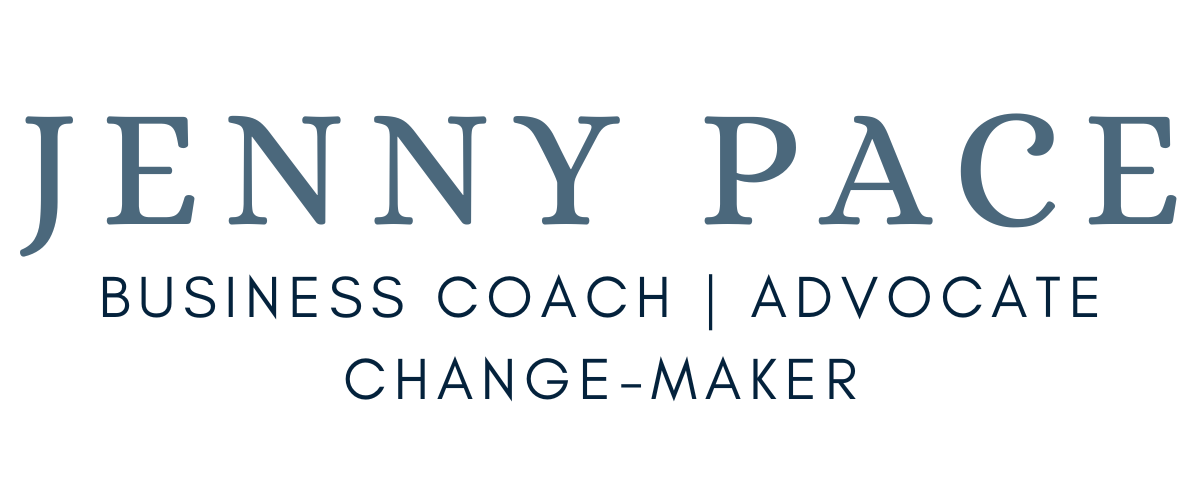Disappointment is a somewhat disappointing fact of life.
And even though we can be in the ongoing process of creating a life with fewer disappointments by adjusting our expectations and our actions, the truth is we can’t guarantee outcomes, and so we experience disappointment.
From minor disappointments, like drinking a cup of tea way after it’s gone cold, to major disappointments, such as business opportunities not being fulfilled, it’s important that we can process everything we feel and make great choices going forward.
Even small disappointments, when noticed and processed, can lead to better situations next time. You might be more mindful of when you make a cup of tea next time, or you might get an insulated cup! For the bigger disappointments, the more we process them, the more we learn about what happened, what fell through, what that means for our choices going forward.
Too often, we’re too quick to try and jump up and move on and pretend nothing happened. Hope no one noticed, including ourselves. In my experience, this can keep us stuck in secret disappointment that we can’t shake off…
I was thinking about this over Christmas, when my five-year-old stepson got really upset at losing a game. My initial reaction is, “Wow, it’s not a big deal. He needs to not overreact like this.” Partly, I don’t want to see him upset, but also it’s so easy to forget how much of a disappointment this is for a small person. (Side note: I’m terrible at most games, so losing is no big deal for me!)
Reflecting on it, I want to help him deal with the disappointment. If he’s disappointed, I want him to be able to express it and process it healthily. I don’t want it to be suppressed so that in the future he’s just aggressively determined to win. He needs to know that it’s okay to lose, to be disappointed, but he can still try again, he can still have fun.
Disappointment points us to what we want
Maybe you wanted to win that game. Maybe you wanted to score that interview in the local paper. Maybe you wanted to win an award, or buy a specific house, or get a wholesale contract with a lovely shop.
Maybe you were disappointed by someone – someone let you down, whether on purpose or not.
I absolutely want you to be able to pick yourself up and move forward. I think that is one of the most important strengths of an entrepreneur. The determination and resilience required to try again is vital in pretty much any self-employed profession.
But I don’t want you to squash the disappointment. Now, I’m not saying dwell in it and take a billion years to move past it. I’m not recommending getting stuck in being the martyr or the victim or starting the buy into the belief that you “have terrible luck”, “just never win anything”, or similar. (Insert your own downtrodden phrase here…)
So how do we hold space for the disappointment in order to get over it?
We have to acknowledge the disappointment. We have to look at it, describe it, explain it, see it. We have to notice what it’s showing us about what we were hoping for, and what we can learn from it.
And then we can make a plan to either get what we were hoping for some other way, or turn our attention to something else.
Sometimes we don’t even realise we’re disappointed until way after the fact. We didn’t realise how much we wanted something until it hasn’t happened, until it falls through. These can be confusing to process, but are some of the most interesting places to discover what you really want.
Sometimes we can attach a whole load of meaning to why we didn’t get what we wanted – meaning that isn’t really there. “I didn’t get that promotion because my products aren’t good enough.” “I didn’t get the house because I don’t deserve it.” “That relationship fell through because I’m not pretty enough.”
Before we jump to conclusions in reflecting on disappointments, let’s avoid making sweeping assumptions, especially when they relate to other people’s decisions. We don’t know what led someone to promoting something instead of yours. We don’t know exactly why someone chose to go in a different direction.
Honestly, I think entire lives can change based on an assumed meaning we’ve attached to something because it’s a tender place or a secret fear. Let’s keep our minds open to the possibilities – and remember that we don’t always know exactly why something didn’t come together.
Here are some questions to reflect on:
- Start by naming your disappointment. What are you disappointed about?
- Did it catch off-guard? Were you expecting to be this disappointed?
- What were you hoping would happen?
- What is it about that thing that was important to you?
- What’s the feeling? Can you describe it physically, emotionally? Give it form.
- What do you need to let go before you can move on?
- What are you telling yourself about this disappointment? Are there any stories you need to acknowledge aren’t necessarily true?
- Is there anything you can learn from the situation to help you in the future?
- Do you still want to pursue the outcome? How might you change your approach having been through this experience?
Brene Brown talks about the vulnerability of actually admitting how much we want something to happen, so that we give ourselves the time and space and support to process it if it doesn’t happen. Let’s not pre-reject ourselves when we’re declaring our big dreams, and let’s not shrug off something that was disappointing because we don’t want to feel uncomfortable.
For me, even the client who decides not to book a session can be disappointing, especially if it’s someone I’d love to work with. Yes, I trust that they are making the best decision for them. Yes, I’ll survive. But if I let that little disappointment go un-checked, I can end up with a story about how I’m no good or will never get a client again.
I need to write about the disappointment, to explain to myself what I was looking forward to, and remember that I can still get that elsewhere and with other clients. And I often end up writing a list of all the factors that could have been – a powerful activity for anyone who tends towards thinking it’s their fault.
Embrace the disappointment so that you can move forward with a clear mind, a clear heart, and more information about yourself and your business. I highly recommend it.
Jx
PS New Year Coaching sessions are still available until the end of February. Get booked in now.
